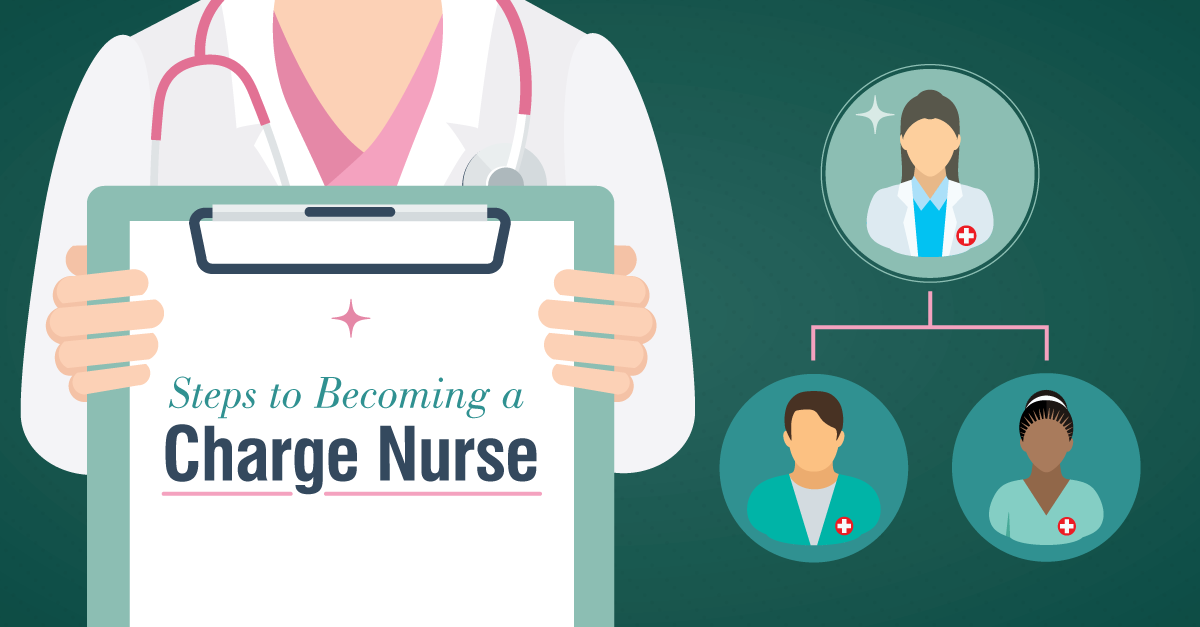
#Charge nurse role license#
Licensing and Related QualificationsĪ Charge Nurse requires a current registered nurse (RN) license to practice. They assist with preventing patient injury, supervising other staff members, and coordinating patient care. In case of any issue, the nurse must understand the chain of command to take the necessary course of action. They should communicate effectively with patients, families, and physicians.Ī Charge Nurse is the risk management person and management’s representative during the shift. Most healthcare facilities opt for RNs with a Bachelor of Science in Nursing (BSN) degree, but you can also work with an Associate Degree in Nursing (ADN).Ĭharge Nurses require extensive experience to understand how specific units or departments operate. What Qualifications Does a Charge Nurse Need?Ī Charge Nurse must be a registered nurse and hold an RN degree. Typically, a registered nurse reports to a Charge Nurse in their unit or the physician in charge of the patient’s care. Updating other medical professionals on patients’ progress Monitoring and assessing vital signs in critical patients The nursing responsibilities of a Charge Nurse include:Įducating patients and their families about health care plans Leading and guiding other nurses who work directly with the patients. Overseeing patient admissions and discharge The administrative duties of a Charge Nurse include: They coordinate with hospital administrators and nursing staff to ensure that all operations run smoothly in a nursing unit or department. Recommended Reading - What is a Registered Nurse (RN)?Ĭharge Nurses are registered nurses (RNs) with additional administrative or supervisory duties. They have various roles such asĬollaborating with other medical teams to develop patient or nursing care plansĮducating patients on disease prevention and maintaining health Registered nurses hold a Bachelor of Science in Nursing (BSN) or an Associate Degree in Nursing (ADN). What Is the Difference Between a Charge Nurse and a Registered Nurse (RN)?Ī registered nurse (RN) is any nurse who passes the NCLEX-RN exam and meets all the requirements of becoming a nurse based on the guidelines of their state’s licensing body.

Let’s explore the Charge Nurse profession, the qualifications you need, responsibilities, and how much you can expect to earn. They ensure the shift runs smoothly and coordinate with the hospital administrators, physicians, and staff nurses. They often have supervisory roles and can perform most tasks assigned to general nurses. “Your role is more about managing nurses’ breaks, navigating different personalities, ensuring patient coverage, and dealing with administrative paperwork than it is about actual patient care.”Ĭharge nurses typically don’t provide direct patient care.Charge Nurses are also Operating Room or Theater Nurses. She frequently works as a charge nurse in her unit. “Being a charge nurse is a lot of work, no matter what floor you work on,” says Alaina Ross, RN, BSN, a registered nurse with 10 years of experience as a post-anesthesia care unit nurse.

By taking on tasks like creating patient assignments for each RN on a shift, you’ll be planning and coordinating care for every patient in your unit that day. You typically won’t be seeing patients, but you will be ensuring that the best patient care is delivered. No matter what kind of unit you work in, being a charge nurse comes with significant responsibilities. For example, your role might be different if you oversee a small unit with only a few RNs on each shift compared to a large unit with many patients and nursing staff members to manage. The role of the charge nurse can vary slightly depending on your nursing unit and healthcare facility. To work as a charge nurse, you’ll need strong nursing skills, excellent interpersonal skills, and great organizational ability.


 0 kommentar(er)
0 kommentar(er)
